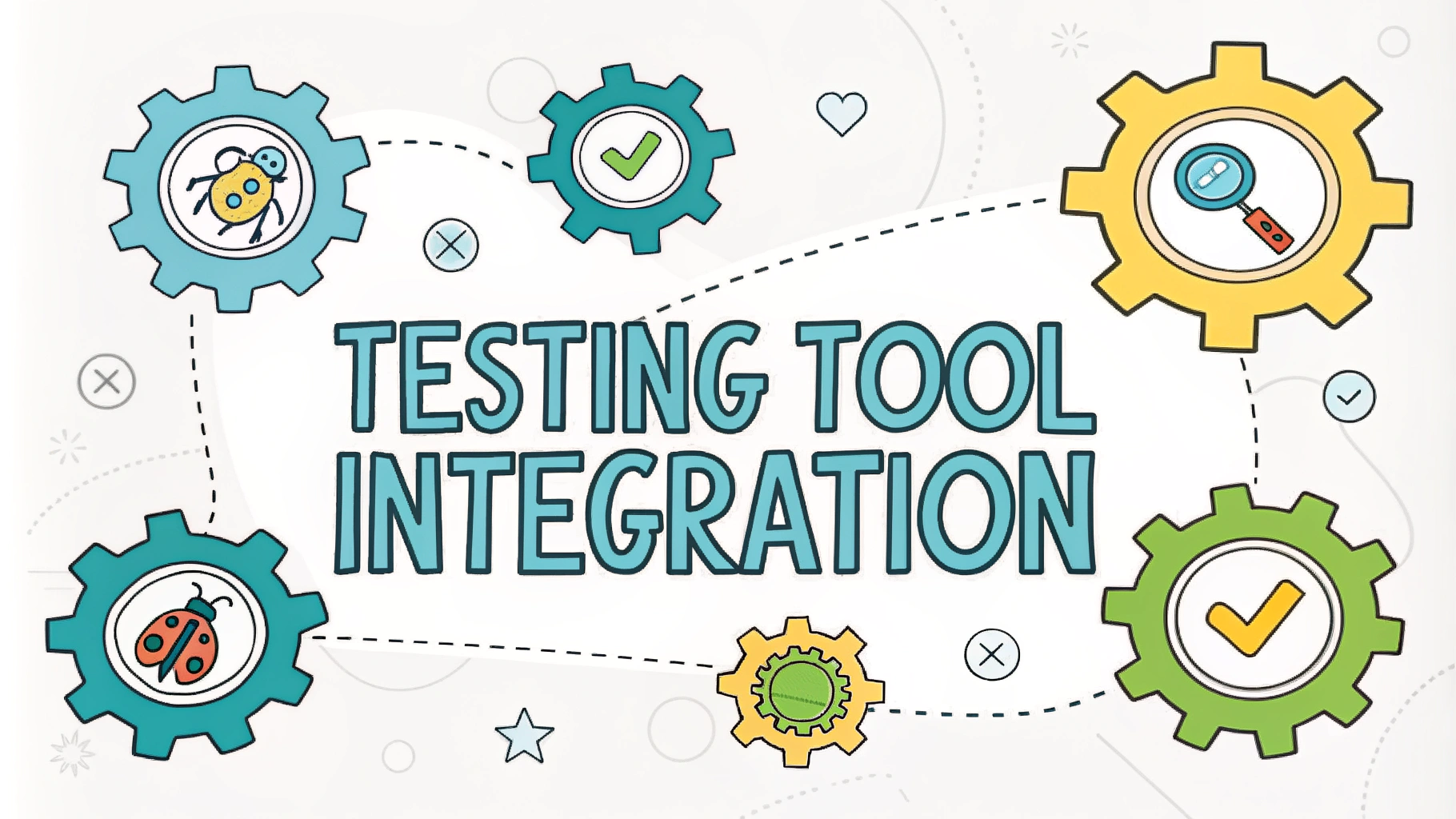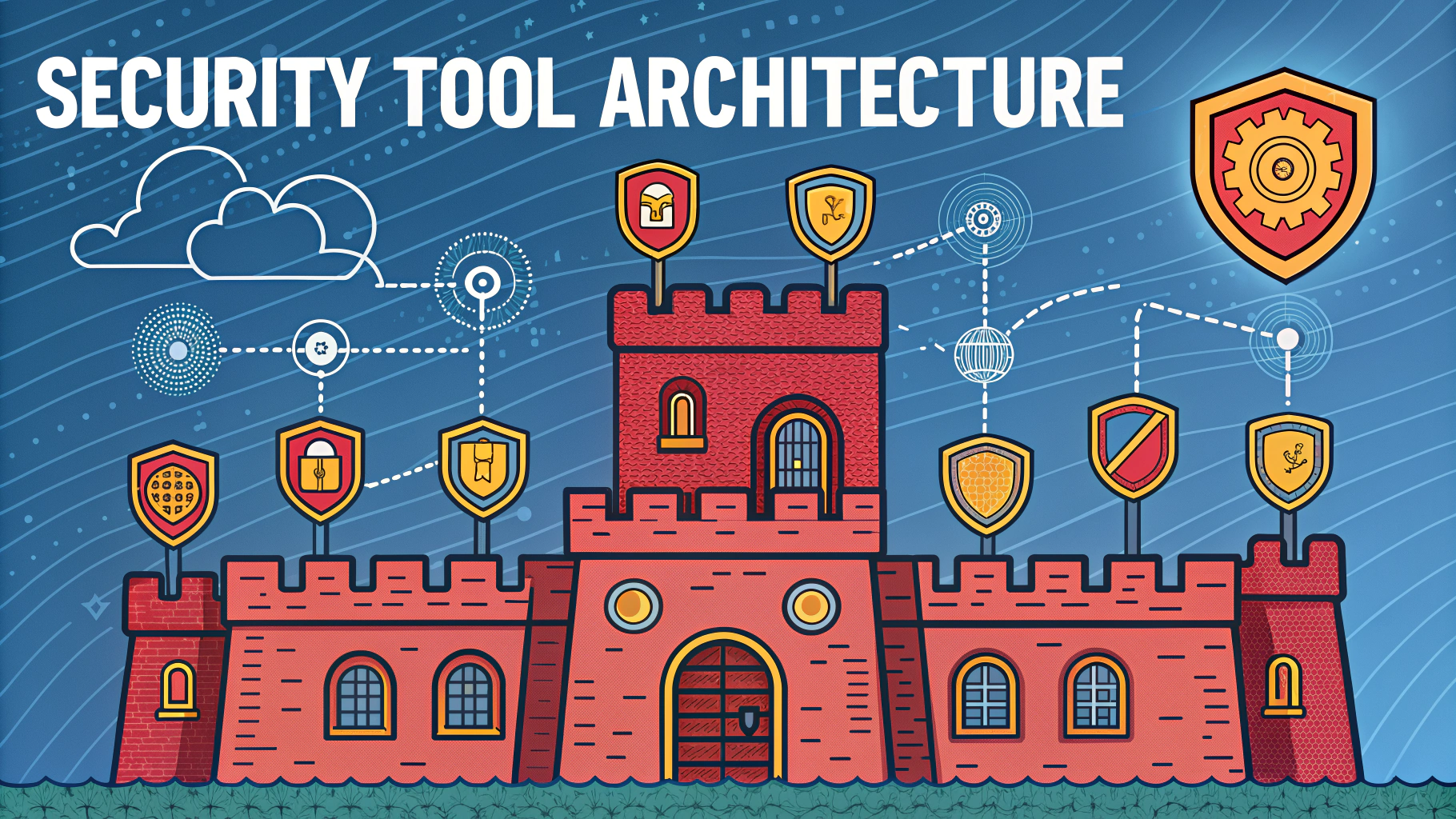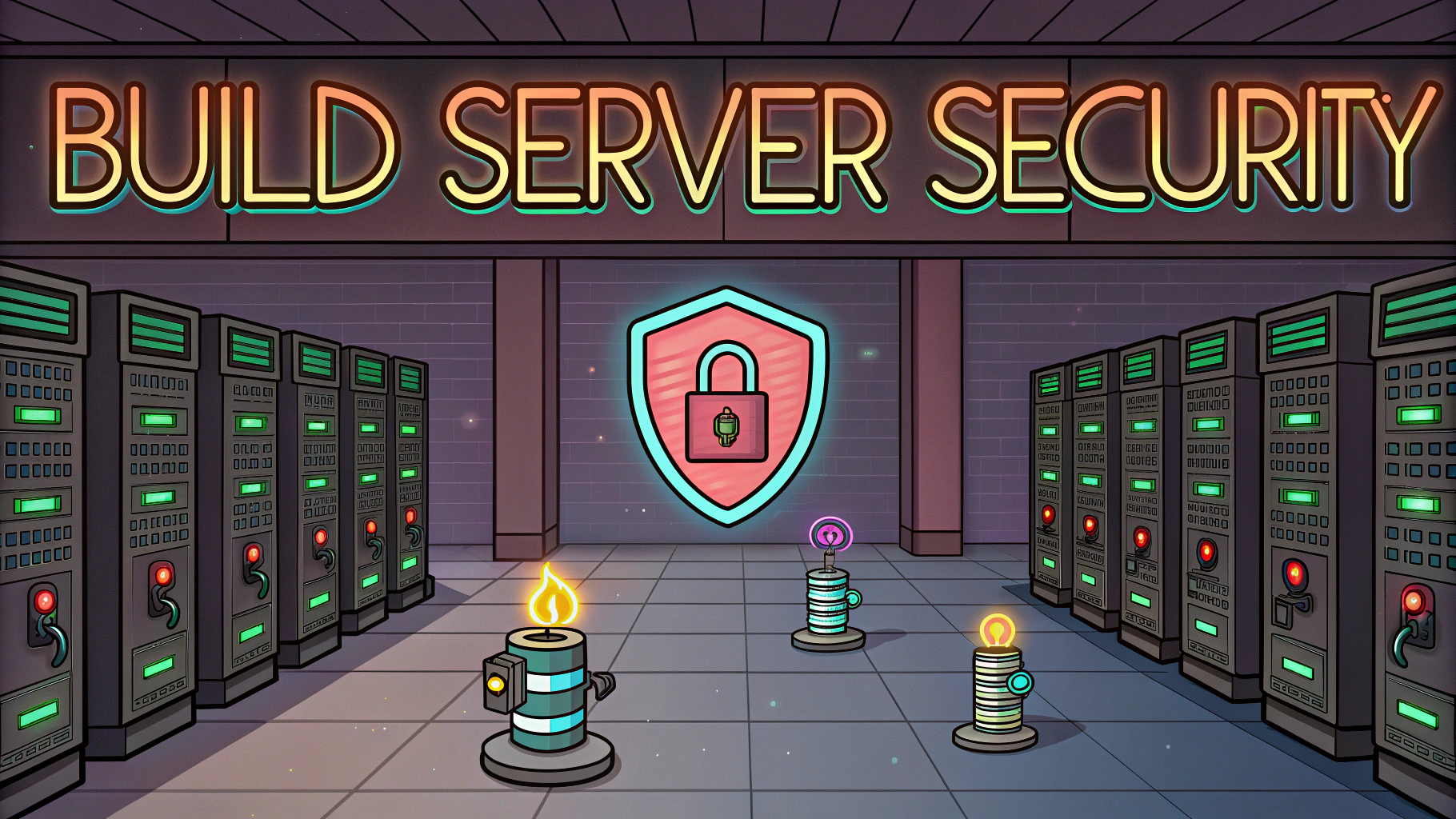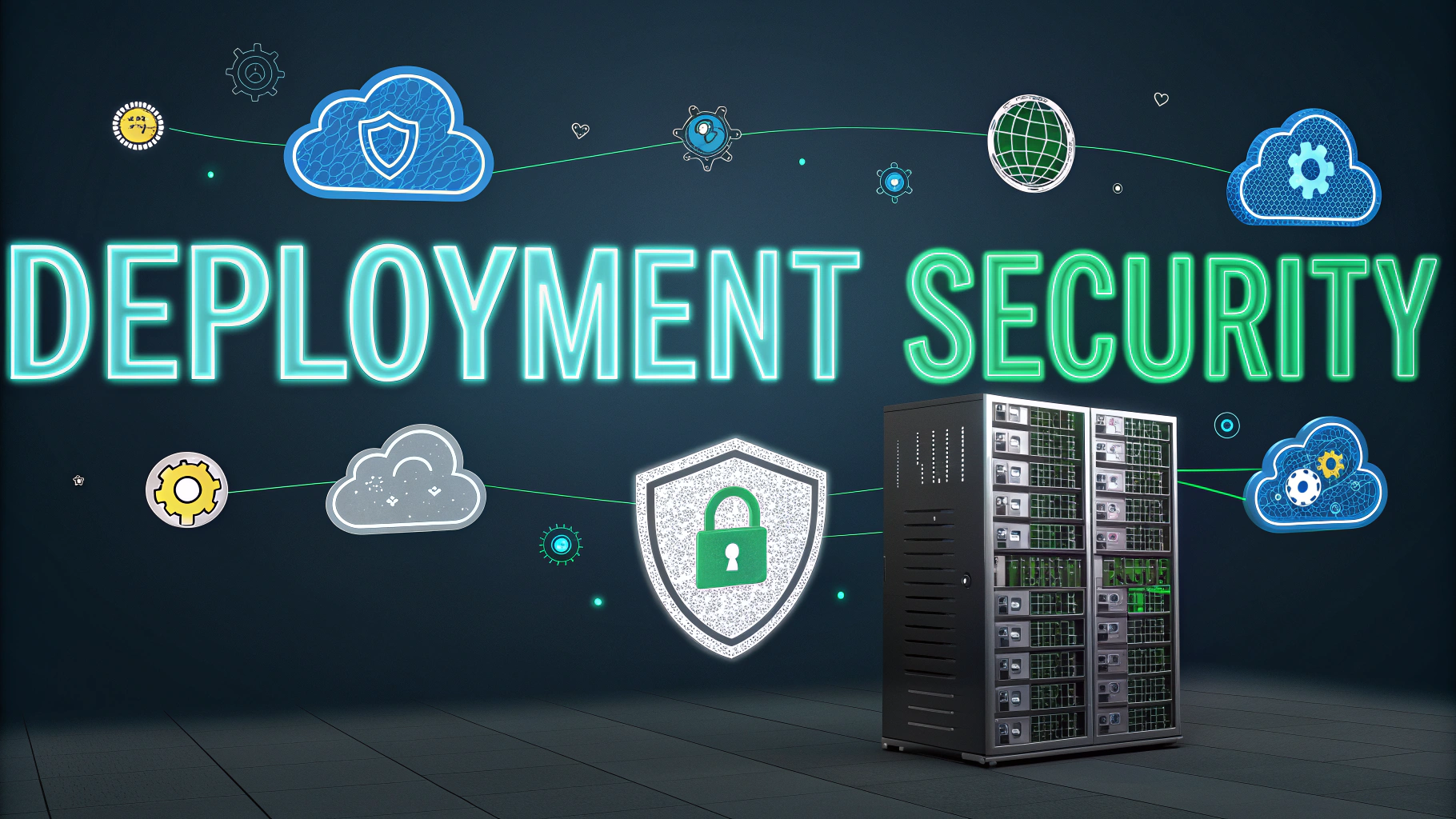Finding a penetration testing job requires a mix of technical skills, professional networking, and job search savvy.
Companies increasingly need security professionals who can identify and help fix vulnerabilities in their systems and networks.
This guide outlines practical strategies to land your first or next penetration testing role, whether you’re starting out or advancing your career.
Essential Skills and Certifications
- CompTIA Security+
- Certified Ethical Hacker (CEH)
- OSCP (Offensive Security Certified Professional)
- GPEN (GIAC Penetration Tester)
Technical Knowledge Requirements
- Network protocols and architecture
- Operating systems (Linux, Windows)
- Scripting languages (Python, Bash)
- Common security tools (Metasploit, Burp Suite, Nmap)
- Web application security
Building Your Portfolio
Create a GitHub repository showcasing your security tools, scripts, and projects.
- Participate in bug bounty programs (HackerOne, Bugcrowd)
- Document your findings and methodologies
- Build a personal blog discussing security research
- Contribute to open-source security projects
Where to Find Penetration Testing Jobs
- LinkedIn Jobs
- Indeed
- Dice
- Glassdoor
- Security-specific job boards like NinjaJobs
Networking Opportunities
- Join OWASP local chapters
- Attend security conferences (DefCon, BlackHat, BSides)
- Participate in CTF competitions
- Join security forums and Discord communities
Resume Tips for Penetration Testers
Focus on quantifiable achievements and specific technical skills.
- List relevant certifications prominently
- Include specific tools and technologies you’ve mastered
- Highlight successful penetration tests and findings
- Mention bug bounty achievements
Interview Preparation
Practice common technical challenges and scenarios.
- Study OWASP Top 10
- Practice with vulnerable VMs (Vulnhub, HackTheBox)
- Review recent security vulnerabilities and exploits
- Prepare methodology explanations
Moving Forward in Your Security Career
Continue learning through practical experience and staying updated with security trends.
Join professional organizations like SANS, ISC², or EC-Council for additional training and networking opportunities.
Consider specializing in areas like web application security, mobile security, or cloud security to increase your market value.
Gaining Practical Experience
- Set up a home lab for testing
- Practice with deliberately vulnerable applications
- Document all testing procedures
- Create detailed reports of findings
Developing Soft Skills
Technical expertise alone isn’t enough for success in penetration testing.
- Report writing and documentation
- Client communication
- Project management
- Presentation skills for explaining findings
- Time management for meeting deadlines
Compliance and Legal Understanding
- Knowledge of regulatory frameworks (GDPR, HIPAA)
- Understanding of legal boundaries
- Scope definition expertise
- Contract and NDA awareness
Specialization Opportunities
Industry Sectors
- Financial services
- Healthcare
- Government
- Retail
Technical Focus Areas
- IoT security
- Cloud infrastructure
- Mobile applications
- Industrial control systems
Launching Your Security Journey
Success in penetration testing requires continuous learning and adaptation to new threats and technologies. Focus on building both technical proficiency and professional relationships. Stay current with security trends and maintain ethical standards in all testing activities.
- Keep learning and expanding skills
- Build a strong professional network
- Maintain ethical standards
- Document achievements and growth
- Share knowledge with the security community
FAQs
- What qualifications do I need to become a penetration tester?
Most employers require a bachelor’s degree in cybersecurity, computer science, or related field, along with certifications like CompTIA Security+, Certified Ethical Hacker (CEH), or OSCP (Offensive Security Certified Professional). - Which job boards specialize in penetration testing positions?
Key platforms include Indeed Security Jobs, Dice.com, CyberSecJobs.com, eLearnSecurity, and specialized security recruitment firms like SOS Recruiting and CyberSN. - How important is building a portfolio for penetration testing jobs?
A portfolio is crucial, showcasing your documented vulnerabilities on platforms like HackerOne or Bugcrowd, personal projects, CTF participation, and GitHub repositories demonstrating your tools and scripts. - What experience should I highlight on my penetration testing resume?
Focus on practical security assessments, vulnerability discoveries, programming skills, specific tools expertise (Metasploit, Burp Suite, Nmap), and any security certifications or bug bounty achievements. - Is it necessary to have programming skills for penetration testing roles?
Yes, proficiency in languages like Python, Bash scripting, and basic understanding of Java, C++, or JavaScript is essential for creating custom tools and understanding application security. - What’s the typical career progression in penetration testing?
Career paths usually progress from Junior Penetration Tester to Senior Penetration Tester, then to Security Consultant or Security Manager, with opportunities to specialize in areas like red teaming or security architecture. - How can I gain practical experience before landing my first penetration testing job?
Practice on legal platforms like VulnHub, HackTheBox, or TryHackMe, participate in bug bounty programs, contribute to open-source security tools, and set up home labs for testing. - What salary range can I expect as a penetration tester?
Entry-level positions typically start at $60,000-$80,000, while experienced pentesters can earn $100,000-$150,000+, varying by location, expertise, and certifications. - Which industries have the highest demand for penetration testers?
Financial services, healthcare, government contractors, technology companies, and consulting firms consistently seek penetration testing professionals. - How often should I update my skills and certifications?
Regular updates are essential, with renewal of certifications typically every 3-4 years, and continuous learning of new tools, techniques, and vulnerabilities through conferences, training, and practical experience.







